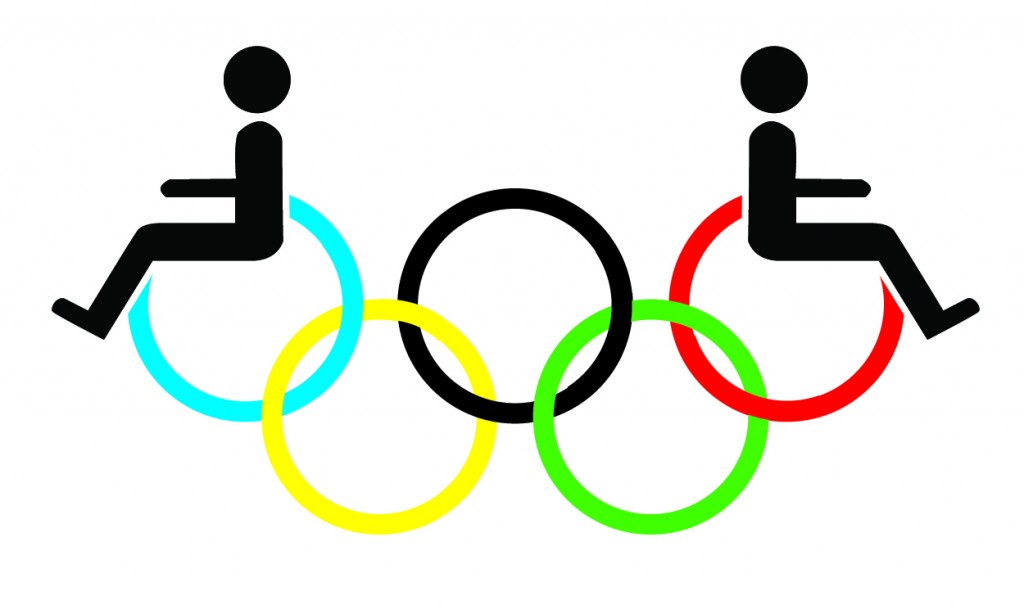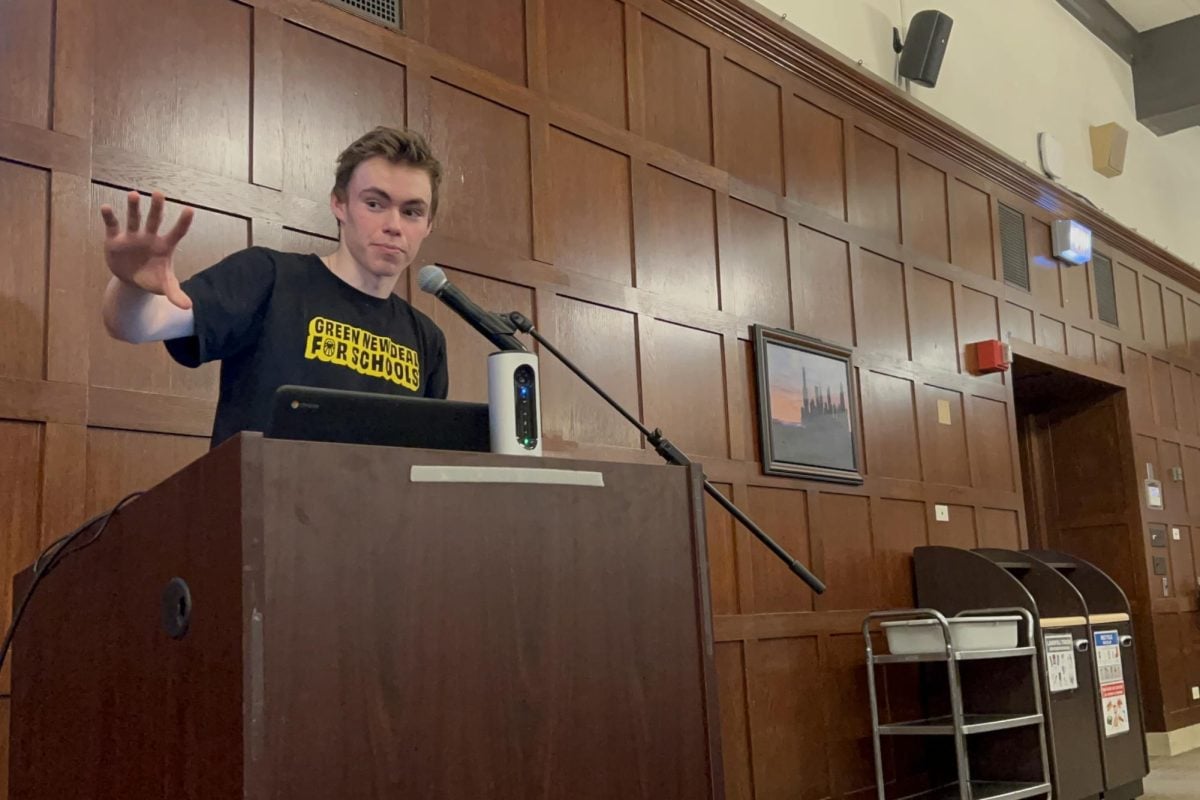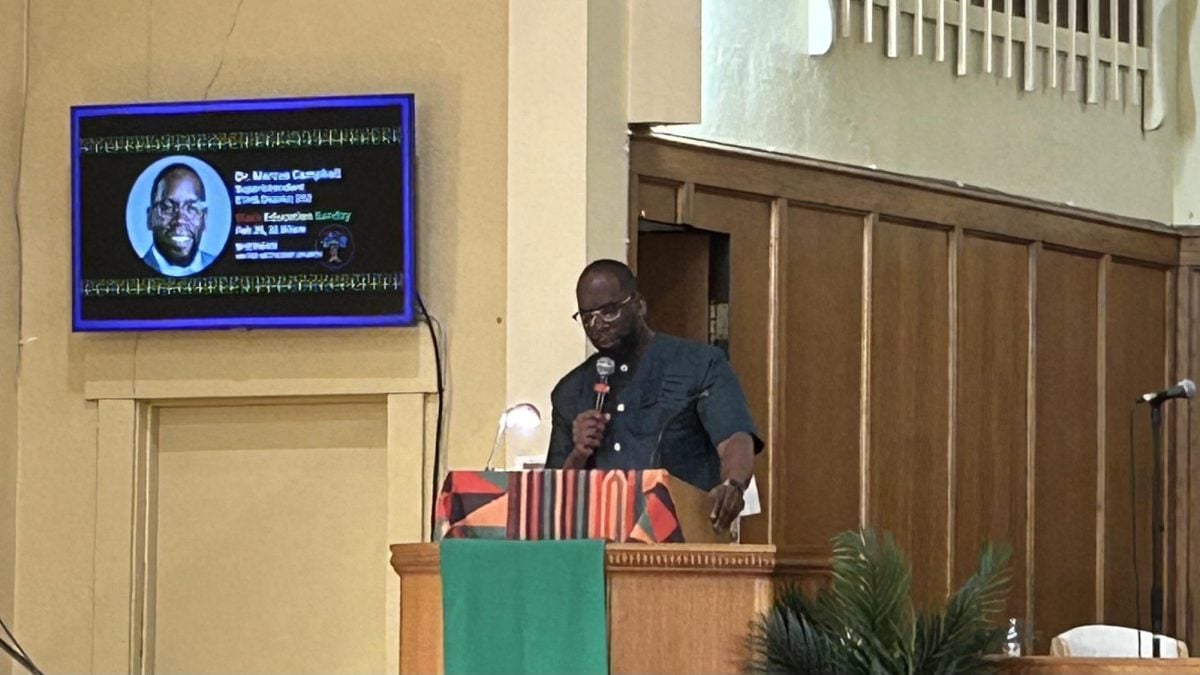Cerebral palsy has not stopped Aaron Holzmueller from developing his athletic talents.
The seventh-grader represents the track team of Dr. Bessie Rhodes Magnet School at district meets, participates in running and swimming competitions with the Great Lakes Adaptive Sports Association and has clinched a national championship at the National Junior Disability Championship.
“(Sports) give him an outlet,” said Keith Holzmueller, Aaron’s father. “It gives him some activities where he can feel very good about his abilities and accomplishments.”
A U.S. Department of Education directive issued Jan. 25 will ensure Aaron and student athletes like him have equal opportunities to participate in school sports programs.
The directive clarifies school districts’ existing legal obligations under Section 504 of the Rehabilitation Act, requiring them to “provide a qualified student with a disability an opportunity to benefit from the school district’s program equal to that of students without disabilities.”
The department issued the guidance after a 2010 U.S. Government Accountability Office report found many students with disabilities were not afforded an equal opportunity to participate in athletics, according to a news release.
“Sports can provide invaluable lessons in discipline, selflessness, passion and courage,” Education Secretary Arne Duncan said in the release. “This guidance will help schools ensure that students with disabilities have an equal opportunity to benefit from the life lessons they can learn on the playing field or on the court.”
In Illinois, the State Attorney General’s Office has sued the non-profit Illinois High School Association for failing to provide equal access to sports programs to students with disabilities. The IHSA organizes state meets for more than 780 member schools.
In May, State Attorney General Lisa Madigan filed the lawsuit jointly with Equip for Equality, a legal advocacy organization for people with disabilities in Illinois. They charged IHSA with violating Section 504 by denying a 16-year-old Oak Park high school junior, Mary Kate Callahan, who has physical disabilities including lower-limb paralysis, opportunities to compete as part of her school team in ISHA meets at the sectional or state championship level.
Equip for Equality settled the suit with IHSA on behalf of Callahan in September. IHSA agreed to offer four swimming events for athletes with disabilities at the sectional and state meets and set separate qualification standards for students with disabilities.
But the attorney general is continuing the suit in all sports for all students with disabilities in Illinois, spokeswoman Maura Possley said.
“We want to provide student athletes with disabilities the same opportunities to compete in sports,” Possley said Friday.
The Department of Education’s directive affirms the attorney general’s stand in the lawsuit, Possley said.
The guidance serves to remind school districts of their existing legal obligations, said Barry Taylor, vice president for civil rights at Equip for Equality. In a separate briefing, the department clarified the guidance covers organizations such as IHSA as well as school districts, Taylor said.
“I think it is important to remind the schools and show the federal government really cares about ensuring that students with disabilities can compete and participate in school athletic programs,” he said.
School districts often neglect to assess student athletes with disability individually to determine their eligibility for sports programs despite legal obligations to do so, Taylor said.
Matt Troha, IHSA’s assistant executive director, said it is too early to tell the impact of the Department of Education’s guidance.
The IHSA already offers separate meets for student athletes with disabilities in girls swimming and diving as well as cross country for both genders, Troha said, adding the association will expand the available meets if its members so demand.
The law does not require school districts to allow students with disabilities to participate in any selective program as long as the selection criteria is not discriminatory, according to the Department of Education’s guidance.
Keith Holzmueller said the guidance still gives states leeway on how they accommodate disabled athletes. Nonetheless, he said he expects the guidance to benefit student athletes like his son.
“I would expect the impact to be positive in that it provides reassurance that there would be opportunities for Aaron to compete at the high school (level),” Keith Holzmueller said.




















